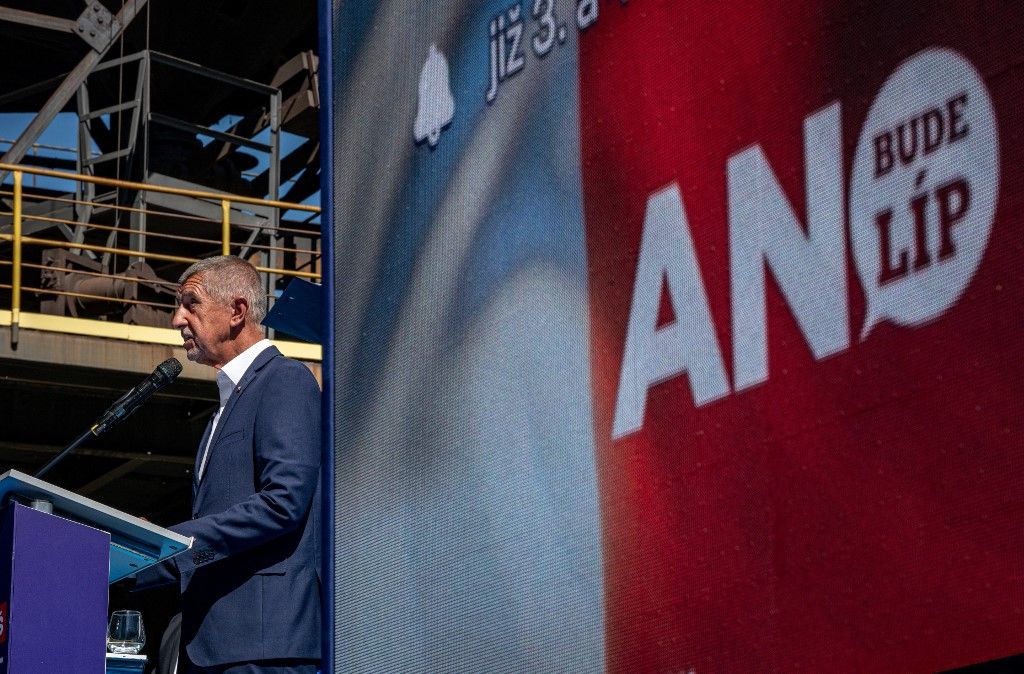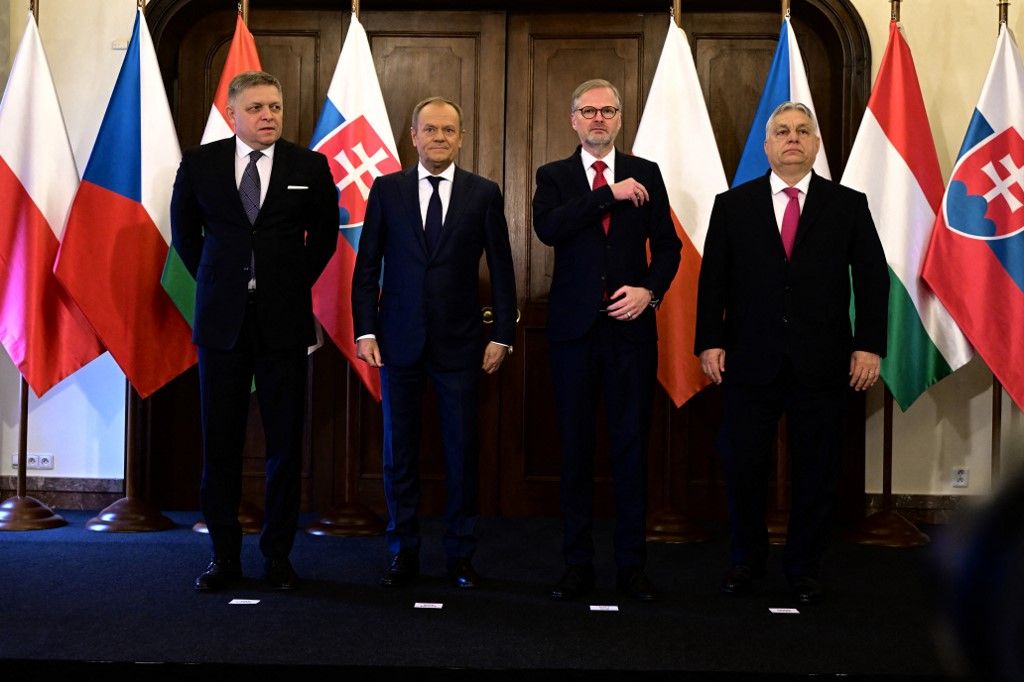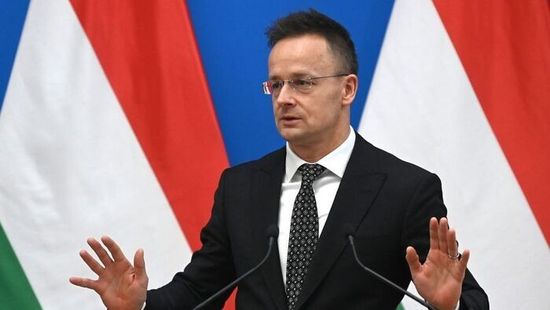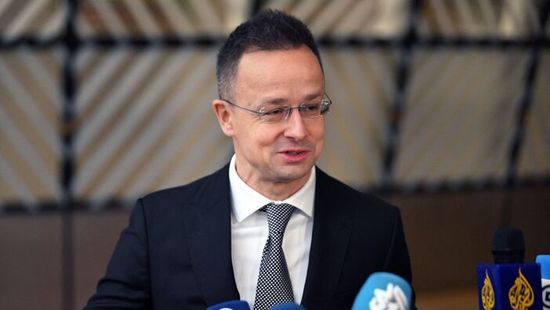Czech citizens will cast their votes on Friday and Saturday to elect members of the Chamber of Deputies. Polls consistently point to a victory for the opposition Action of Dissatisfied Citizens (ANO), led by Andrej Babis.


Czech citizens will cast their votes on Friday and Saturday to elect members of the Chamber of Deputies. Polls consistently point to a victory for the opposition Action of Dissatisfied Citizens (ANO), led by Andrej Babis.

All polls conducted over the past three years have shown the opposition Action of Dissatisfied Citizens (ANO) movement, led by Slovak-born billionaire Andrej Babis, to be the winner in the upcoming election, MTI writes.
Even according to the latest national survey, conducted by the STEM institute less than a week before the elections, Babis's ANO enjoys 29.3% support, well ahead of its rivals.
According to the results, 29.3 percent of respondents would vote for ANO.
The government coalition alliance Spolu (Together), made up of the Civic Democratic Party (ODS), the Christian Democrats (KDU-CSL), and TOP 09, consistently trails behind in second place. Third place vacillates among other forces expected to cross the five-percent threshold including the government-aligned Mayors and Independents (STAN), the opposition Freedom and Direct Democracy (SPD) – often labeled as “far-right” by the Prague media, the Pirate Party, and the left-wing coalition Enough! (Stacilo!), led by the Communists. On occasion, the Motorists Party (AUTO) has also cleared the five-percent threshold in some surveys.
The Spolu coalition officially consists of three parties, while the Pirates' list unofficially includes the Green Party, and Stacilo! includes not only Communists but also social democrats and other smaller left-wing entities. The situation is similar with the SPD, which has given space to three smaller parties on its lists. The seven groups expected to enter the Chamber of Deputies were in fact made up of candidates from a total of 16 parties and movements.
The advantage of an unofficial joint candidacy is that achieving five percent is sufficient to enter parliament.
ANO President and former Prime Minister Andrej Babis has expressed a preference for a single-party government, supported from outside if necessary, but has ruled out cooperation with the Communists. SPD leader Tomio Okamura has openly declared his ambition to be part of the government. Communist Katerina Konecna, leader of Stacilo!, insists that positions are not important to them; they want to cooperate with those with whom they can best implement most of their program.
ANO and the current ruling parties have repeatedly stated that they mutually exclude cooperation with each other.
Despite the fragmentation, experts say the proportional voting system for the lower house representatives almost always results in a coalition government. The question is who Babis will be able to strike a deal with.
Senior analyst Pal Attila Illes of the Hungarian Institute of International Affairs noted that
post-election negotiations will likely involve SPD and Stačilo, both expected to secure seats in Parliament.
A Babis victory, the expert says, would not only reorder Czech domestic politics but also reshape the balance of alliances in Central Europe.
Viktor Orban and Andrej Babis have long maintained a close relationship, sharing common ground on migration, resistance to Brussels’ centralization, and opposition to war pressure. Should Babis return to the prime minister’s office, it could revitalize Visegrad (V4) cooperation and amplify the weight of patriotic forces in Europe,
Illes pointed out.

Felmérések szerint a több mint nyolcmillió választásra jogosult szavazó mintegy 65-67 százaléka járulhat az urnákhoz.
Turnout is expected at around 65–67% of the 8 million eligible voters. Voters can circle four names on the list of candidates, which will place them at the top of the list.
Polling stations are open Friday afternoon from 2 pm until late evening, and again Saturday morning until early afternoon. Initial results are expected Saturday evening.
In the last elections in October 2021, the Spolu alliance narrowly beat ANO (27.79% to 27.12%), while STAN and the Pirate Party together reeived 15.62%. The SPD entered parliament with 9.56% percent of the votes.
Cover photo: Andrej Babis, leader of the Czech ANO party, and Petr Fiala, Czech Prime Minister and leader of the Civic Democratic Party (ODS) and the Together (Spolu) coalition, shake hands before the televised election debate in Prague on October 1, 2025. (Photo: AFP/Michal Cizek)
Összesen 0 komment
A kommentek nem szerkesztett tartalmak, tartalmuk a szerzőjük álláspontját tükrözi. Mielőtt hozzászólna, kérjük, olvassa el a kommentszabályzatot.

PM Orban was a guest at the Megafon Club.

“It’s a bit much when a German lectures Hungary and the Hungarian people on matters of historical legacy,” FM Szijjarto declared.

The case may involve suspicion of an extremely serious criminal offense.

FM Szijjarto also provided an update on developments regarding the Druzhba oil pipeline.


PM Orban was a guest at the Megafon Club.

“It’s a bit much when a German lectures Hungary and the Hungarian people on matters of historical legacy,” FM Szijjarto declared.

The case may involve suspicion of an extremely serious criminal offense.

FM Szijjarto also provided an update on developments regarding the Druzhba oil pipeline.

Portfóliónk minőségi tartalmat jelent minden olvasó számára. Egyedülálló elérést, országos lefedettséget és változatos megjelenési lehetőséget biztosít. Folyamatosan keressük az új irányokat és fejlődési lehetőségeket. Ez jövőnk záloga.
Szóljon hozzá!
Jelenleg csak a hozzászólások egy kis részét látja. Hozzászóláshoz és a további kommentek megtekintéséhez lépjen be, vagy regisztráljon!